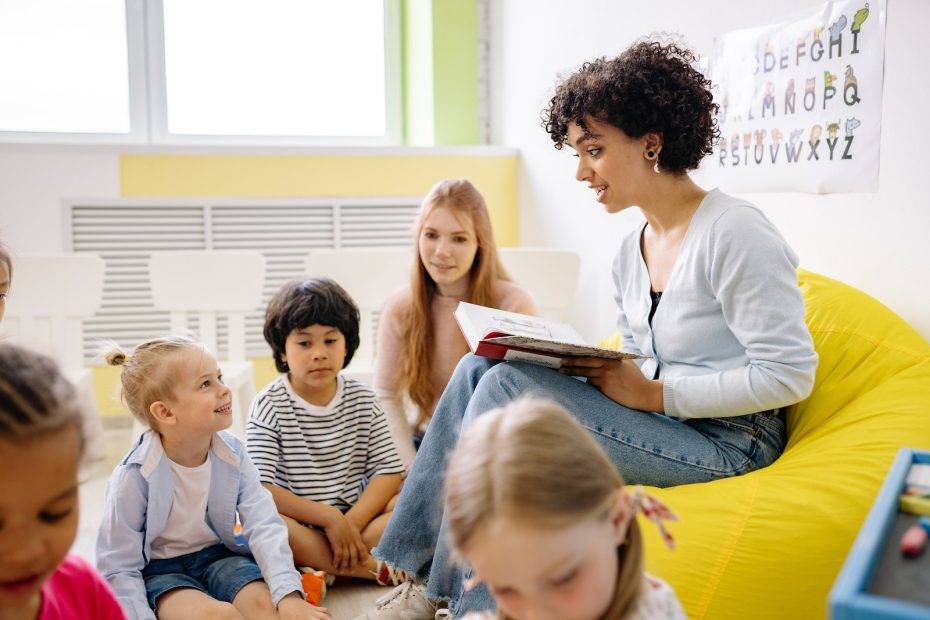Introduction:
Empathy and kindness are essential qualities that help children develop strong, healthy relationships and become compassionate members of society. As parents, we have a crucial role in nurturing these qualities in our children. In this blog post, we will explore the importance of teaching empathy and kindness to children and provide practical strategies to cultivate these virtues in their daily lives.
Lead by Example:
Children learn by observing their parents and caregivers. Model empathy and kindness in your own interactions with others. Demonstrate acts of kindness, such as helping a neighbor, expressing gratitude, or offering support to those in need. Your actions speak louder than words and serve as a powerful influence on your child's behavior.
Teach Perspective-Taking:
Help children understand different perspectives by encouraging them to step into someone else's shoes. Discuss various situations and ask questions like, “How do you think they might be feeling?” or “What would you do if you were in their position?” This cultivates empathy and broadens their understanding of others' experiences.
Practice Active Listening:
Teach children the importance of active listening when others are speaking. Encourage them to maintain eye contact, nod in acknowledgment, and ask questions to show genuine interest. By actively listening, children demonstrate respect and empathy, fostering deeper connections with others.
Encourage Acts of Kindness:
Create opportunities for your child to engage in acts of kindness. Encourage them to help a friend, share toys, or offer assistance to someone in need. Engaging in kind acts promotes empathy, develops a sense of social responsibility, and reinforces the positive impact they can have on others.
Promote Inclusion and Acceptance:
Teach children to embrace diversity and appreciate differences among people. Encourage them to be inclusive and accepting of others, regardless of their background, abilities, or appearance. Foster an environment where everyone feels valued and respected, cultivating empathy and kindness towards all individuals.
Read Books and Share Stories:
Use books and stories to introduce empathy and kindness concepts to children. Read books that highlight characters facing different challenges and discuss the emotions and experiences portrayed. Encourage discussions about kindness, compassion, and the impact of actions on others' feelings.
Encourage Emotional Expression:
Validate your child's emotions and teach them to express their feelings in a healthy way. Create an environment where they feel safe sharing their emotions without judgment. By acknowledging and empathizing with their emotions, you help them develop empathy towards others.
Engage in Community Service:
Participate in community service activities as a family. Volunteer at local charities, organize donation drives or engage in environmental clean-ups. These experiences provide children with hands-on opportunities to witness the power of kindness and empathy in making a positive difference in the world.
Discuss Real-Life Examples:
Discuss real-life examples of empathy and kindness in action. Share stories from the news or personal experiences that showcase acts of compassion. Talk about the impact these acts have on individuals and communities, inspiring your child to emulate these behaviors.
Foster Self-Reflection:
Encourage self-reflection in your child by asking questions like, “How do you think your actions made them feel?” or “What could you do differently next time?” By promoting self-awareness, children develop a deeper understanding of their own emotions and the impact of their actions on others.
Conclusion:
Teaching empathy and kindness to children is an investment in their emotional well-being and the betterment of society. By practicing empathy ourselves, fostering perspective-taking, and encouraging acts of kindness, we help our children develop essential skills for building meaningful relationships and making a positive impact in the world. Remember, cultivating empathy and kindness is a lifelong journey that starts with small steps and consistent guidance from parents and caregivers.
